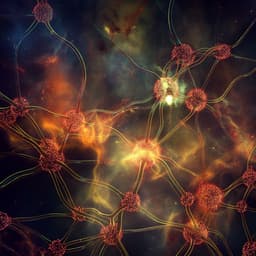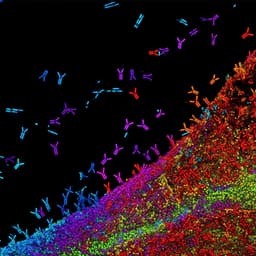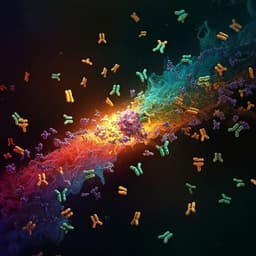
Medicine and Health
Neurotoxic amyloidogenic peptides in the proteome of SARS-CoV-2: potential implications for neurological symptoms in COVID-19
M. Charnley, S. Islam, et al.
In a groundbreaking study by Mirren Charnley and colleagues, new insights into COVID-19 reveal that amyloid formation from SARS-CoV-2 proteins could be linked to neurological symptoms experienced by some patients. This research highlights the crucial connection between viral proteins and their potential toxic effects on neuronal cells, paving the way for future investigations into COVID-19's neurological impact.
Related Publications
Explore these studies to deepen your understanding of the subject.







